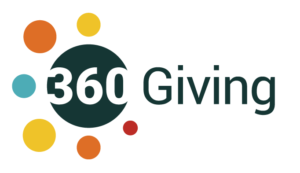


Projects we’ve funded
Discover the projects we’ve supported for a better economic future.

Open Data
We are committed to open data principles and make our grants data available through the 360Giving open data platform.
You can access all our awarded grants since 2007 (excluding grants made to individuals) as an .XLSX file below.
This data is licensed under the Creative Commons Attribution 4.0 International License, granting anyone the freedom to access, use, and share it while requiring attribution to Friends Provident Foundation.